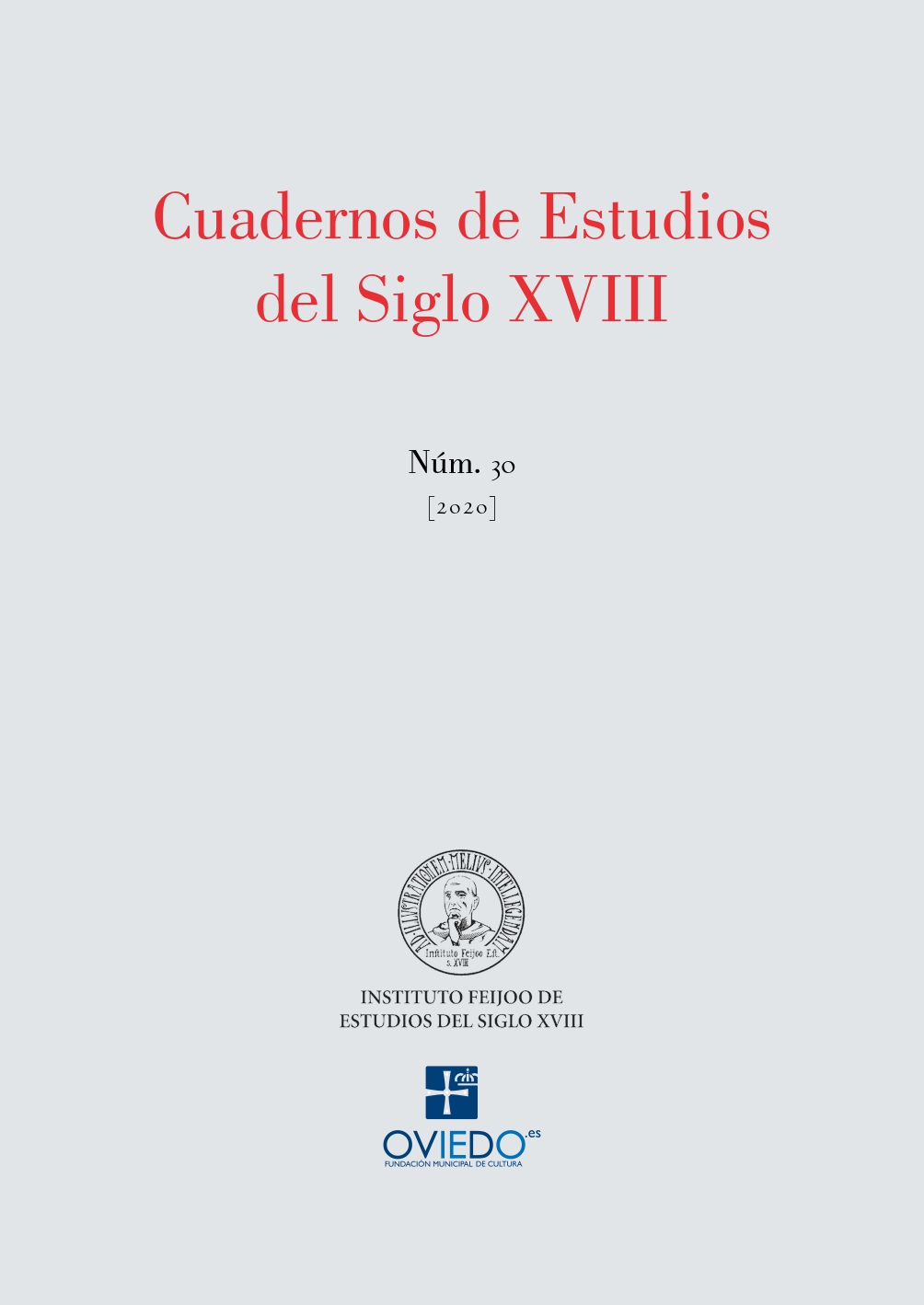Abstract
An approach to the idea of philology in Spain in the 18th century will reveal that, during the century, there was not one, but several philologies: the humanist philology of classical tradition, the erudite history (or historical erudition) of baroque affiliation, the critical erudition of the novatores, that of rationalist influence and that of empiricist influence, which reached its peak in the work of Juan Andrés. We propose to show how the new tendencies coexist and intermingle with another no less important one: tradition. And in this sense, it is necessary to point out that during this century there is the definitive demarcation between History and Philology, and that the latter withdraws into itself from the consolidation of Literary History and Comparative Literary History. Finally, we will reflect on the status of Philology in relation to the Enlightenment movement itself, that is, in relation to its contribution or opposition to new ideas.
This work is licensed under a Creative Commons Attribution-NonCommercial-NoDerivatives 4.0 International License.
Copyright (c) 2020 Cuadernos de Estudios del Siglo XVIII
Downloads
Download data is not yet available.

